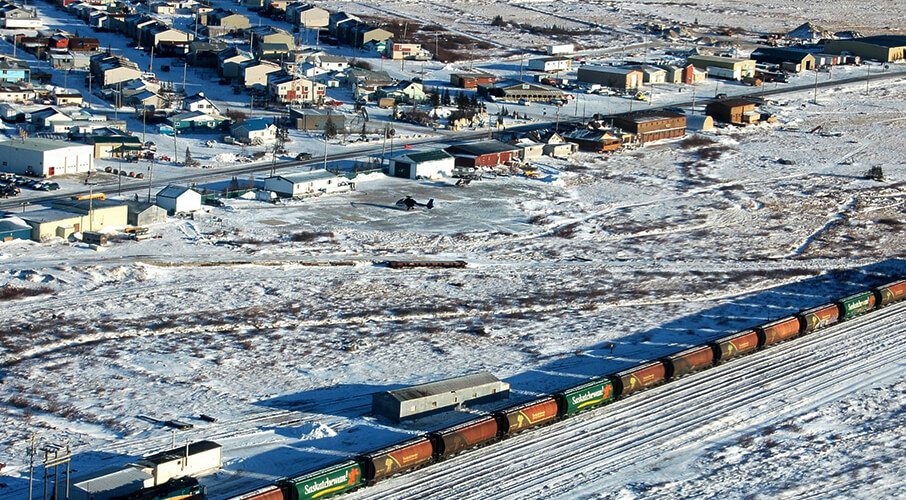 Indigenous peoples will be hit disproportionately by the health, economic and social consequences of COVID-19, writes Ken Coates.
Indigenous peoples will be hit disproportionately by the health, economic and social consequences of COVID-19, writes Ken Coates.
By Ken Coates, April 1, 2020
Indigenous peoples will be hit disproportionately by the health, economic and social consequences of COVID-19. Overcrowding and poor health-care systems leave many vulnerable to the disease itself. Job losses and project delays are adding to the economic crisis. Complications in government policy-making and program delivery will have a detrimental impact as well.
Serious disruption has already occurred in Indigenous territories. What is up for discussion is how best federal, provincial and territorial governments can support First Nations.
Many Indigenous communities moved quickly to shut down movements in and out of their towns. They have taken protective measures and have made sure elders are cared for and food supplies are properly distributed. But these communities have limited resources, constrained authority and an over-reliance on the federal government.
The federal government moved quickly to authorize additional funds for Indigenous communities. Community leaders responded that the amount of money was too small. There were worries, too, that the standard government processes would add to the time needed to secure the money and the expense of managing it.
The Trudeau government needs to demonstrate that a new foundation in Indigenous affairs is in operation. Here are areas where substantial change could occur quickly.
Ottawa needs to expand the amount of funding available to Indigenous communities. These people and their governments have a worrisome combination of pre-existing crisis and extreme vulnerability to the current crisis. Indigenous communities deserve financial reassurance.
The government should move quickly to implement greater Indigenous control over financial matters. The emergency funding should be allocated directly to Indigenous organizations. Indigenous groups have earned the confidence and trust of government. Communities struggling with administrative challenges can work directly with Indigenous Services Canada.
Indigenous workers have made dramatic advances in terms of employment, particularly in the natural resource sector. Many are now unemployed. While income replacement is a top priority, we need to keep Indigenous workers in active employment.
Canada is going to spend billions of dollars on national infrastructure projects in the next year or two. This will be a central part of the government’s stimulus program. The government could make a high-profile national statement about the priority attached to Indigenous peoples. Projects that address major Indigenous needs — water systems, internet, housing, road repairs and the like — should be prioritized. Furthermore, the model of Indigenous business tackling problems independently or in collaboration with non-Indigenous businesses could be mobilized.
To give Indigenous peoples the chance to build a prosperous future, the government should institute a moratorium on additional regulation and interference with the resource economy.
That would mean a suspension of Bill C-69 and a withholding of the proposed legislation on the UN Declaration on the Rights of Indigenous peoples. Working with Teck Resources to restart the Frontier mine when market conditions warrant would send a strong economic boost to Indigenous communities.
Indigenous groups and the federal government could also spend time rethinking the expensive and time-consuming approach to settling legal challenges. The country has been slow in dealing with the hundreds of claims associated with Indigenous rights. The costs to communities in terms of legal and specialist fees, leadership time, and community inconvenience have been more than considerable. Surely Canada can do better.
Canadians now understand that the coronavirus presents existential threats to Canada’s economic, social and even political future. On the Indigenous file, the government has to move quickly to head off the immediate health care crisis, offset the major economic disruptions, and indicate that Canada is serious about putting Indigenous-government relations on a new track. The time for action is upon us.
Ken Coates is a Munk senior fellow at Macdonald-Laurier Institute.




